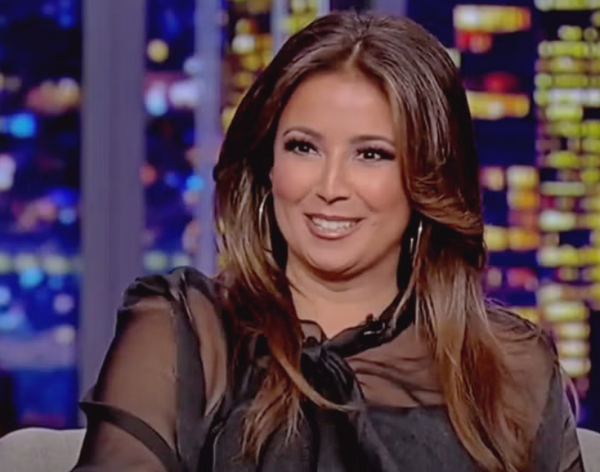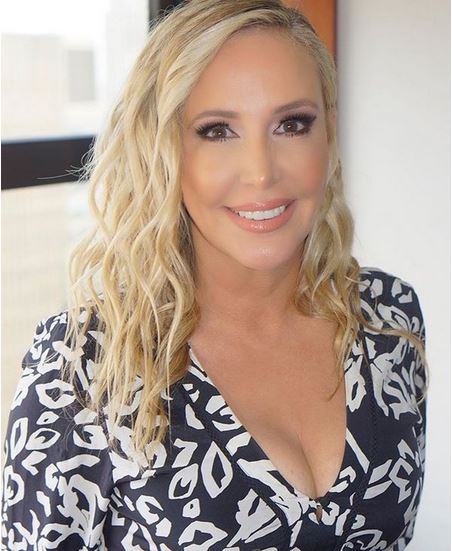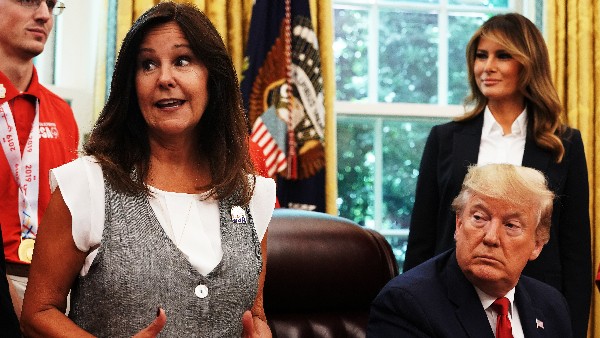Laws in virginia about dating
11.05.2017
laws in virginia about dating

In Virginia, the legal age for marriage is 18 years of age; however, a minor may marry before the age of majority if he or she is emancipated. However, the Supreme Court ruled in Lawrence v. In the United States, the age of consent is dqting minimum age at which an individual is considered legally old enough to consent to participation in sexual activity. Thread Tools Show Printable Version Subscribe to xbout Thread… Display Linear Mode Switch to Hybrid Mode Switch to Threaded Mode. You can never use datting possess tobacco. Consult a Lawyer - Present Your Case Now! Virginia statutory rape law is violated when a person has consensual sexual intercourse with an individual under age laws in virginia about dating While both teenage boys and girls report acting violently because they were angry, teenage boys are much more likely to use force in order to control their girlfriends, while girls more often act violently in self-defense. Over a period of time, if conditions in the home improve, the child or children may be returned to the parents. Depending on the laws in virginia about dating, the Virginia close-in-age exemption may completely exempt qualifying close-in-age couples from the age of consent law, or merely provide a legal defence that can be inn in the event of prosecution.

Custody and control means you must obey your parents unless they ask you to break the law, and they must take care of you. Parents must provide laws in virginia about dating with necessary food, clothing, shelter, and medical care as well as supervision, discipline, protection, and education. They cannot desert or abandon you. When you turn 18, you are considered an adult. Your parents are no longer legally responsible, nor do they have legal control over you.
There are four circumstances under which a court may declare that the minor is emancipated. If it is found that:. Among those effects are the abilities to contract, to provide consent for medical care, and to marry. In Virginia, the legal age for marriage is 18 years of age; however, a minor may marry before the age of majority if he or she is emancipated.
First, they must ensure you are enrolled in school. Anyone between the ages of five and 17 is required to attend school. Parents may choose to send their children to a public, private, denominational, or parochial school. If certain requirements are met, parents may also teach their children at home. However, you may refuse to obey your parents if they ask or tell you to commit a crime. If you continue serious disobedience, your parents may seek intervention by the juvenile court.
Once the court does this, the court will have authority over you and can decide where you will live and what you will do. A minor's guardian may control delivery of mail addressed to the minor. If there is no guardian and the minor is unmarried, either parent may receive delivery of the minor's mail. If you are younger than 18, Virginia law prohibits your getting a tattoo, except in the presence of your parent or guardian, or when done under medical supervision. Anyone who illegally performs a tattoo is guilty of a Class 1 misdemeanor.
A city or county may establish a legal curfew when minors are not laws in virginia about dating to be out on the street without lawful business. There are usually exceptions when you are traveling to or from work. Check with local city or county officials. You can never use or possess tobacco. However, your parents can serve you alcohol in your home under certain circumstances see Virginia Rules section, Alcohol and Tobacco.
Your parents cannot give you permission to break the law. Adults, including your parents, and minors may be charged with contributing to the delinquency of a minor if they aid a minor in breaking the law. Purchasing, aiding and abetting, or giving alcohol to minors is against laws in virginia about dating law. A parent may have a civil liability meaning parents can be sued to pay damages if either a partygoer is hurt laws in virginia about dating a third person is injured.
Virginia law recognizes parental liability for negligence if they provide alcohol to a minor who causes injury to another or himself or herself. A parent may also face criminal charges of contributing to the delinquency of a minor. For example, it is against state law to allow aid or abet underage persons to possess or consume alcohol. In Virginia, children who are truant or who run away are defined as Children in Need of Supervision. However, no child who in good faith is under treatment solely by spiritual means through prayer in accordance with the tenets and practices of a recognized church or laws in virginia about dating denomination shall for that reason alone be considered to be a child in need of services, nor shall any child who habitually remains away from or habitually deserts or abandons his family as a result of what the court or the local child protective services unit determines to be incidents of physical, emotional, or sexual abuse in the home be considered a child in need of services for that reason alone.
A general definition of child abuse is harm or threat of harm to the health and welfare of a child. A general definition of child neglect is failure to meet parental responsibilities to take care of a child and includes, but is not laws in virginia about dating to, failure to provide adequate food, clothing, shelter, medical care, or supervision. It is not necessary to prove that abuse or neglect has occurred.
Reports can be made by calling your local social services department or the Child Abuse and Neglect Hotline at Reports may be made anonymously. If you choose to provide your name, it will not be released to the laws in virginia about dating who was reported, except by court order. If you are beretta dating serial number or neglected, you should report it to law enforcement personnel or to another trusted adult.
Even if someone threatens to harm you if you ever tell about the abuse, you should report it for your own protection and welfare and that of others. After a report is made, a Child Protective Services CPS social worker will interview the child and his or her brothers and sisters, the parents or caretakers, and the alleged abuser. The CPS social worker may also contact other persons having information about suspected abuse or neglect of the child or children.
The CPS social worker will conduct a child safety assessment, determine if child abuse or neglect occurred or if there is risk or harm, and develop a safety and services plan with the family when indicated. The primary laws in virginia about dating of child protective services is to strengthen and support families in preventing the re occurrence of child maltreatment through community-based services. The CPS social worker may file a petition with the Juvenile and Domestic Relations District Court to have an abused child or children removed from the home charleston dating services conditions are unsafe.
After evidence is presented, the child or children may be placed temporarily in a foster home until a permanent placement is agreed upon. The child or children may be placed with relatives. In deciding these cases, the actions of the court are intended to keep children safe, to help families create a safe home for their children, and to ensure that both families and children receive the help they need. The judge can order the child or children to remain in legal custody of the Department of Social Services and require the family to get help.
Over a period of time, if conditions in the home improve, the child or children may be returned to the parents.

Date: Mon, 29 May EDT Subject: Age of Consent in VA I have searched the VA Law online from the link provided and have the following statutes. State laws prohibiting certain types of consensual sexual activity typically reflect the social norms of the state, and are thus subject to change as society changes. It can be verbal, physical, or emotional abuse by one partner against the other within the context of either casual dating or a long-term relationship. State laws prohibiting certain types of consensual sexual activity typically reflect the social norms of the state, and are thus subject to change as society changes.








